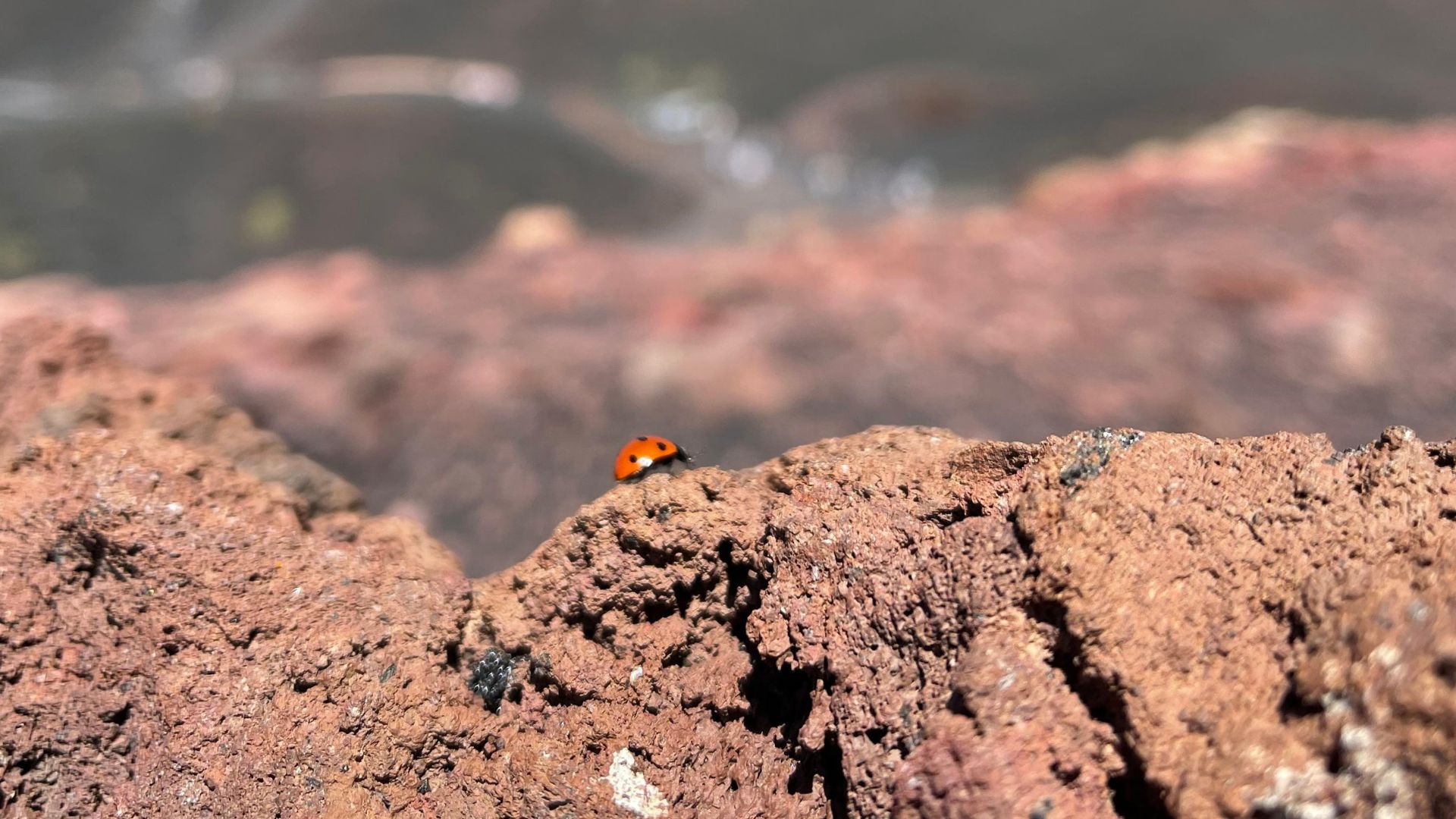The Soil of Etna constantly changing

Etna is much more than an imposing and spectacular volcano; it is a living force that continuously transforms its surroundings, shaping not only the landscape but also the quality of its crops. The volcanic soil is perpetually renewed by the materials released during eruptions, creating a rich and unique environment that nourishes our vines.
A dynamic and generous soil
Every eruption of Etna brings new layers of lava and ash that, over time, break down into fertile, well-drained soil. This process gives the terrain a unique mineral composition, rich in elements such as potassium, iron, and magnesium, which significantly enhance vine growth and grape quality.
Etna’s soil is alive, constantly in motion. The stratification of soils from different epochs provides a unique environment for viticulture. Our vines, growing in loose, arid soil, are forced to dig deep for nourishment, developing dense and resilient root systems. This natural balance enables the vines to endure climatic fluctuations and produce grapes with remarkable character. The older soils, like those in our vineyard in Contrada Pignatuni, imbue wines with the nuances characteristic of exceptional vintages.
The impact on wine
Etna wines owe much of their character to the complexity of the soil. The freshness and minerality—hallmarks of our wines—are a direct reflection of the volcanic nature of the terrain. The minerals in the soil contribute to a complex aromatic profile, resulting in wines that are balanced and profound. This inseparable bond between the vine and the soil is what makes every glass of wine from Etna unique.
Another key factor is the soil’s excellent drainage, which allows optimal grape ripening by preventing waterlogging and supporting vine growth in balanced conditions. Combined with the high altitude of our vineyards, this ensures slow, gradual ripening, which is crucial for the quality of our grapes.
High-altitude viticulture
Our vines thrive in conditions that test the skill and experience of viticulturists every day. Altitude plays a crucial role: cool temperatures and significant day-night temperature variations help the grapes develop a unique aromatic complexity and a rich polyphenolic structure.
Cultivating vines on Etna is a daily commitment that demands dedication and an intimate understanding of the land.
A commitment to excellence
For us at Famiglia Statella, producing wine on Etna means working in harmony with an extraordinary territory, fully embracing its unique qualities. The power of the volcanic soil, the wild beauty of its slopes, and the complexity of the terrain drive us to continually refine our craft. Each vintage is different, and this diversity is the heartbeat of our production.
Exploring and understanding this land is a privilege for us, and sharing this journey with those who appreciate our wines is the most rewarding part of what we do.
